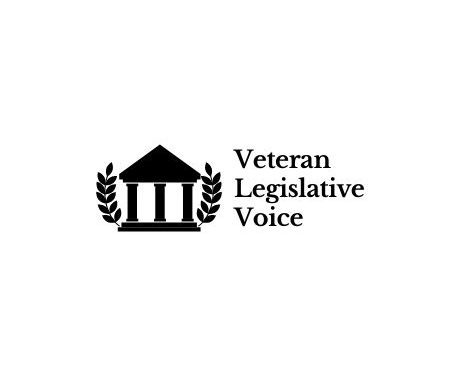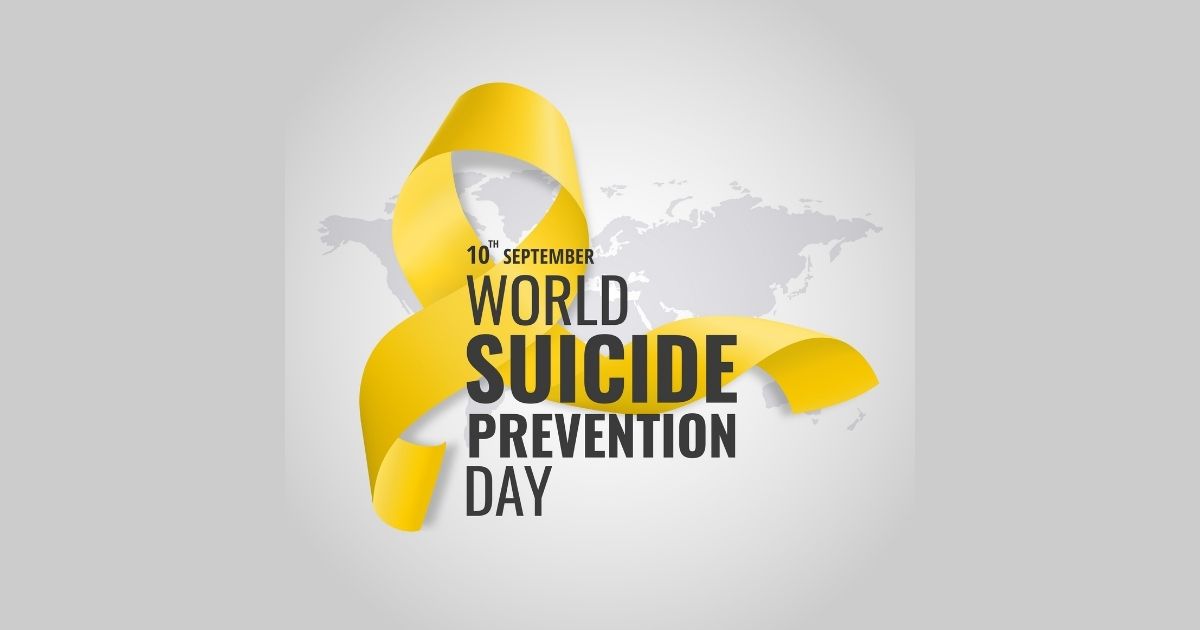
In recent events concerning the U.S. pullout from Afghanistan, the discussion of suicide prevention was raised, as many veterans felt the emotional impact on which many sacrificed so much for. Nearly every veteran has known someone who has lost their life to the war in Afghanistan or Iraq, or to mental health.
This discussion wasn’t as great when our military pulled out of Iraq, but at that time the mental health discussion was still taboo with many current military and veterans.
The Department of Veteran Affairs officials report that there has been a sharp uptick in calls to the Veterans Crisis Line as the Taliban took control of Kabul.
In response to this social media storm, the marketing of the Veterans Crisis Line and other resources has increased tenfold. “Texts to the hotline jumped 98 percent between August 14 and August 29, while chat messages and calls rose by 40 percent and 7 percent when compared with the same time frame last year, according to the VA.”
The Costs of War Project released a study last June that found we lost four times as many veterans to suicide than those who died in the Global War on Terror. But that doesn’t mean suicidal thoughts are restricted only to those deployed to combat zones.
The study noted that “There are clear contributors to suicidal ideation like a high exposure to trauma — mental, physical, moral, and sexual — stress and burnout, the influence of the military’s hegemonic masculine culture, continued access to guns, and the difficulty of reintegrating into civilian life.”
Many don’t realize that toxic work environments could do as much damage to a service member’s mental health as combat. After almost a decade and a half, the military found that bad leadership actually kills, as in-unit morale and increases the likelihood of mental health prognoses and suicide.
In 2019, the VA reported that veterans are one and a half times more likely to commit suicide than the rate of non-veteran adults. Female veterans are twice more likely to commit suicide than non-veteran women.
There are many different theories on how to decrease suicide rates among our veterans.
There are some who believe that the issue should be nipped in the bud before veterans leave the military. Since 2000, the mental health rates have increased 65 percent within the military.
Recently the commander of Fort Riley, Kansas, Major General Douglas Sims, mandated that every soldier on Fort Riley must attend at least one counseling session a year. This program is called Victory Wellness, which started last December. As of August almost half of the Division’s soldiers have been processed through the required counseling sessions. We are watching in earnest the long-term results of this program.
For those who are struggling, do not be afraid to reach out to the following resources:
Veterans Crisis Line: 1-800-273- 8255, for texting: 838255
National Suicide Prevention Lifeline: 1-800-273-8255
Military OneSource: 1-800-342- 9647






